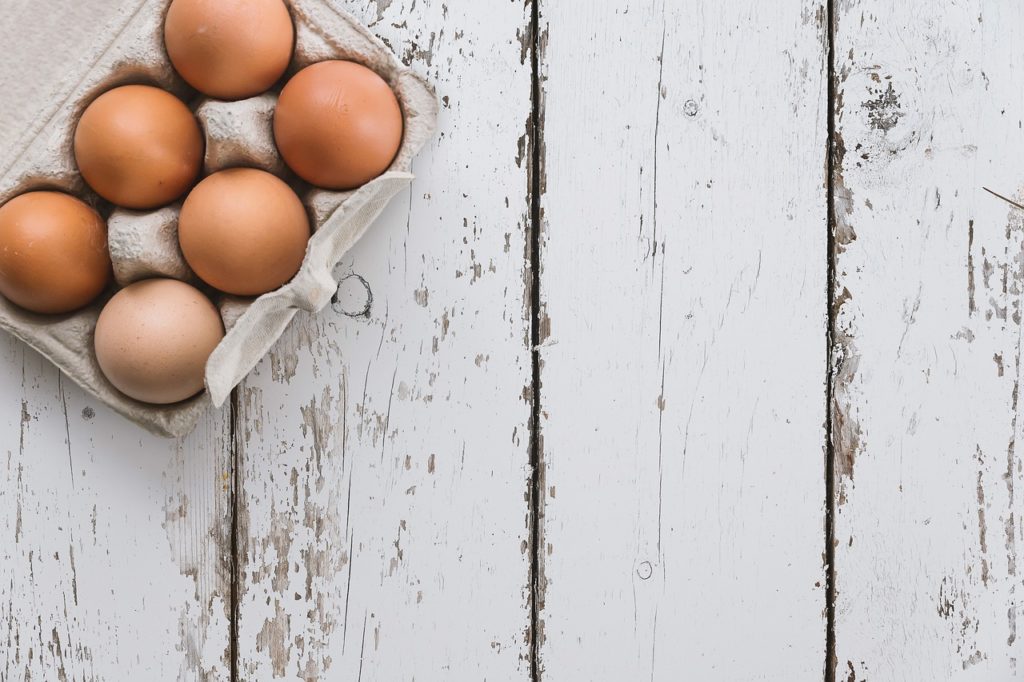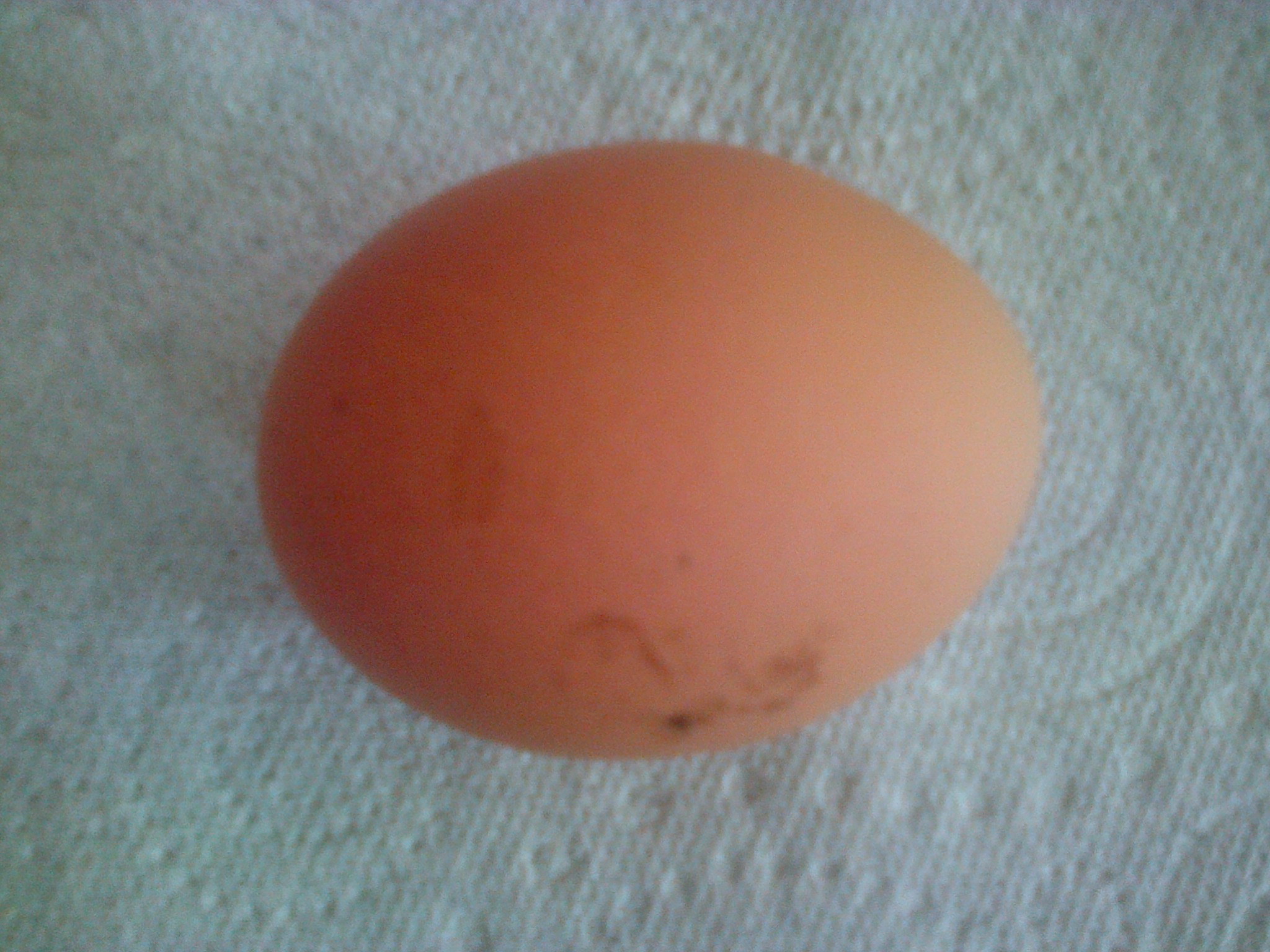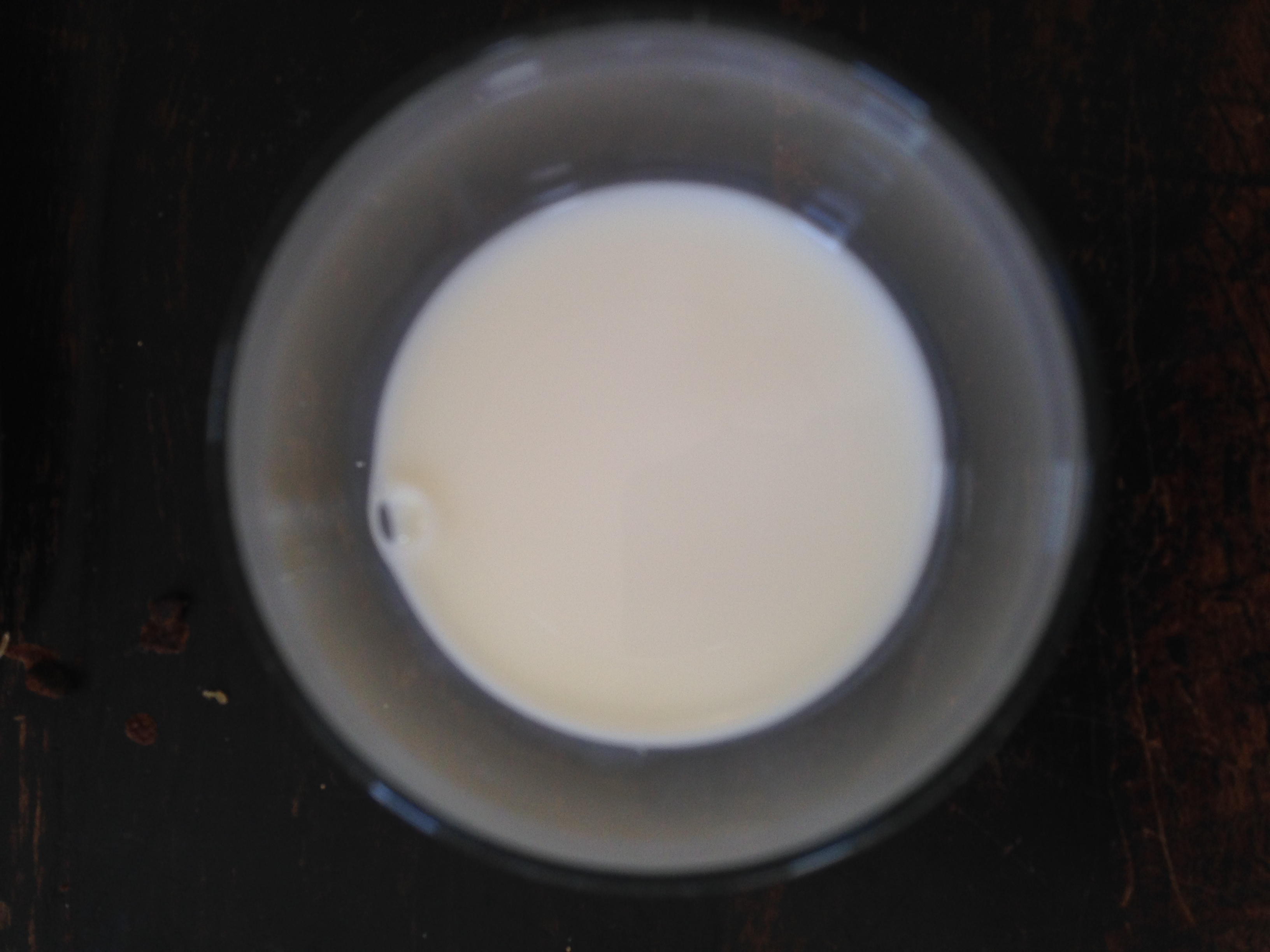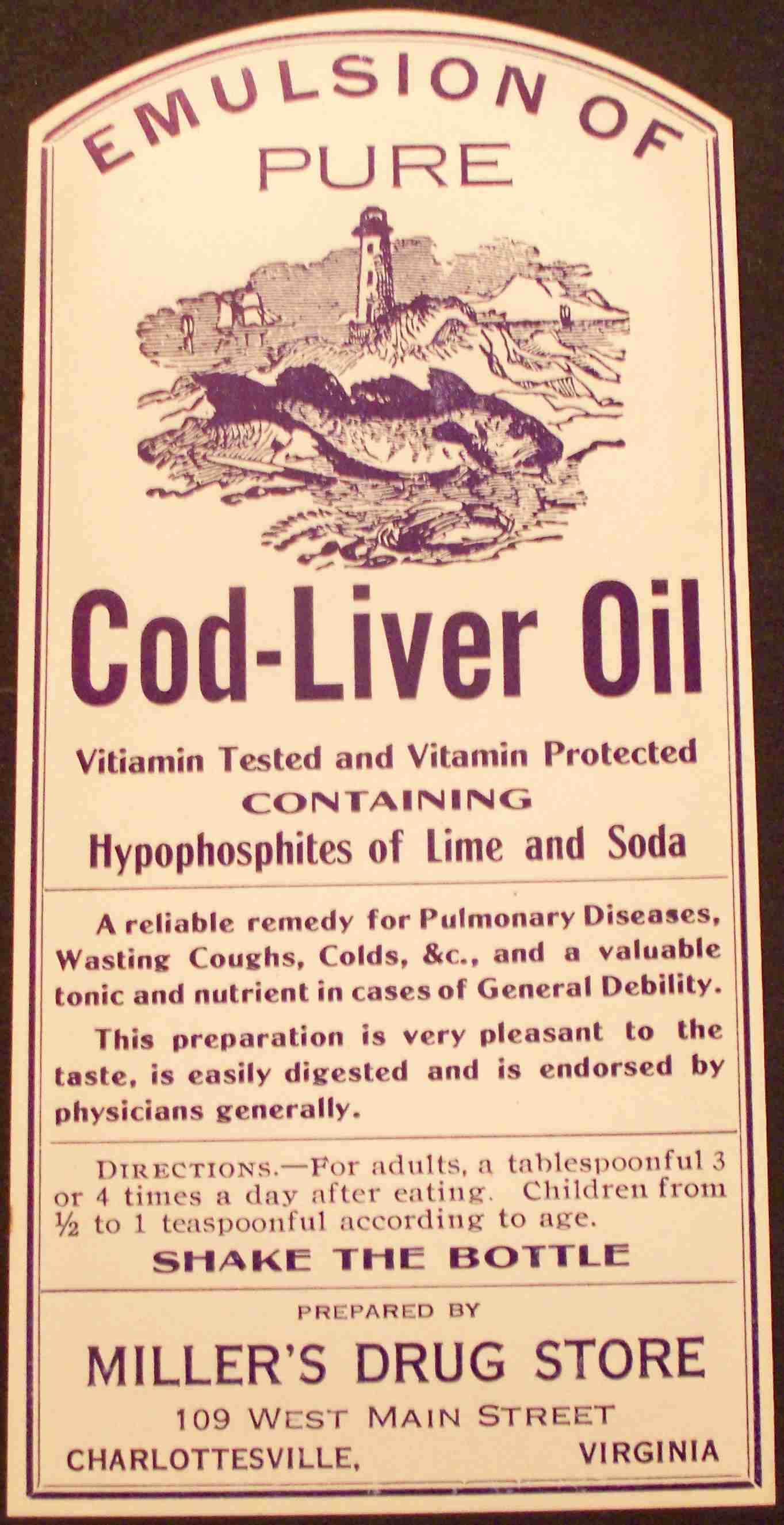
Whether you like your eggs sunny-side up, hard boiled or scrambled, many hesitate to eat them amid concerns that eggs may raise cholesterol levels and be bad for heart health. However, results from a prospective, controlled trial presented at the American College of Cardiology’s Annual Scientific Session show that over a four-month period cholesterol levels were similar among people who ate fortified eggs most days of the week compared with those who didn’t eat eggs.
A total of 140 patients with or at high risk for cardiovascular disease were enrolled in the PROSPERITY trial, which aimed to assess the effects of eating 12 or more fortified eggs a week versus a non-egg diet (consuming less than two eggs a week) on HDL- and LDL-cholesterol, as well as other key markers of cardiovascular health over a four-month study period.
“We know that cardiovascular disease is, to some extent, mediated through risk factors like high blood pressure, high cholesterol and increased BMI and diabetes. Dietary patterns and habits can have a notable influence on these and there’s been a lot of conflicting information about whether or not eggs are safe to eat, especially for people who have or are at risk for heart disease,” said Nina Nouhravesh, MD, a research fellow at the Duke Clinical Research Institute in Durham, North Carolina, and the study’s lead author. “This is a small study, but it gives us reassurance that eating fortified eggs is OK with regard to lipid effects over four months, even among a more high-risk population.”
Eggs are a common and relatively inexpensive source of protein and dietary cholesterol. Nouhravesh and her team wanted to look specifically at fortified eggs as they contain less saturated fat and additional vitamins and minerals, such as iodine, vitamin D, selenium, vitamin B2, 5 and 12, and omega-3 fatty acids.
For this study, patients were randomly assigned to eat 12 fortified eggs a week (cooked in whatever manner they chose) or to eat fewer than two eggs of any kind (fortified or not) per week. All patients were 50 years of age or older (the average age was 66 years), half were female and 27% were Black. All patients had experienced one prior cardiovascular event or had two cardiovascular risk factors, such as high blood pressure, high cholesterol, increased BMI or diabetes. The co-primary endpoint was LDL and HDL cholesterol at four months. Secondary endpoints included lipid, cardiometabolic and inflammatory biomarkers and levels of vitamin and minerals.
Patients had in-person clinic visits at the start of the study and visits at one and four months to take vital signs and have bloodwork done. Phone check-ins occurred at two and three months and patients in the fortified egg group were asked about their weekly egg consumption. Those with low adherence were provided additional education materials.
Results showed a -0.64 mg/dL and a -3.14 mg/dL reduction in HDL-cholesterol (“good” cholesterol) and LDL cholesterol (“bad” cholesterol), respectively, in the fortified egg group. While these differences weren’t statistically significant, the researchers said the differences suggest that eating 12 fortified eggs each week had no adverse effect on blood cholesterol. In terms of secondary endpoints, researchers observed a numerical reduction in total cholesterol, LDL particle number, another lipid biomarker called apoB, high-sensitivity troponin (a marker of heart damage), and insulin resistance scores in the fortified egg group, while vitamin B increased.
“While this is a neutral study, we did not observe adverse effects on biomarkers of cardiovascular health and there were signals of potential benefits of eating fortified eggs that warrant further investigation in larger studies as they are more hypothesis generating here,” Nouhravesh said, explaining that subgroup analyses revealed numerical increases in HDL cholesterol and reductions in LDL cholesterol in patients 65 years or older and those with diabetes in the fortified egg group compared with those eating fewer than two eggs.
So why have eggs gotten a bad rap? Some of the confusion stems from the fact that egg yolks contain cholesterol. Experts said a more important consideration, especially in the context of these findings, might be what people are eating alongside their eggs, such as buttered toast, bacon and other processed meats, which are not heart healthy choices. As always, Nouhravesh said it’s a good idea for people with heart disease to talk with their doctor about a heart healthy diet.
This single-center study is limited by its small size and reliance on patients’ self-reporting of their egg consumption and other dietary patterns. It was also an unblinded study, which means patients knew what study group they were in, which can influence their health behaviors.






